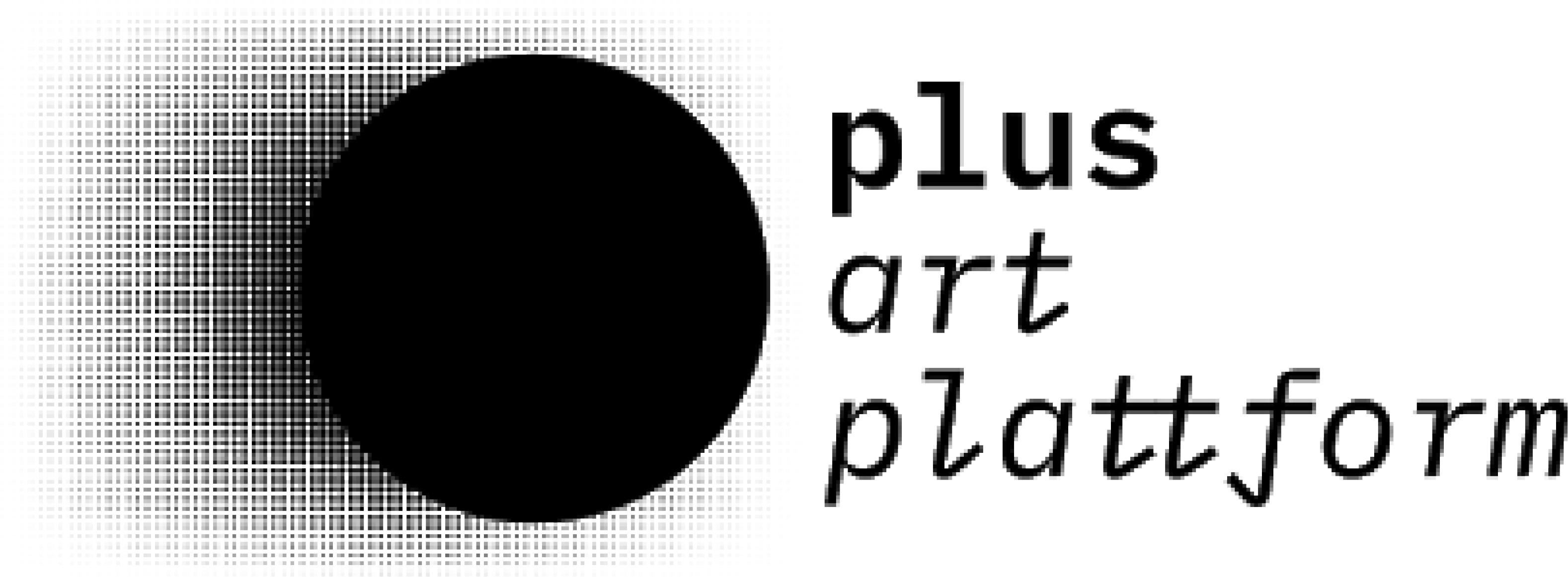Pêdra, you participate in O Rio É uma Serpente [The River is a Serpent] with your 2015 work Anti-análise [Anti-analysis], which is being held again. Anti-análise is simple in structure, but its process and production logistics are relatively complex. It depends on the participation of a specific group of people and individuals’ openness to exchange to happen. Could you please tell us about this last Anti-análise experience, considering the dynamics proposed to encourage that group of artists to interact?
Anti-análise took place for the first time in Natal in 2015; then, in 2018, in Rio de Janeiro. It was held on-site with artists who lived in those cities in both cases. This time, it is online, which made it possible for people from different cities to participate – and it worked very well in its new platform. This work is based on my experience with people who approached me to discuss their art and/or academic work, mainly young and/or new artists seeking to deal with themes related to experience, aesthetics, and most of all, to critique. Since that practice was already taking place (since 2006, more or less), why not organize and potentiate it in an open and guided format?
The only proposed dynamics were the open call, in which artists could send me their work, project and/or idea they’d like to talk about through email and being available online on a specific day for one hour. Those who have come to me are people who already know and/or admire my work, see my career, and believe that I can help them reflect and address their potentialities. So, it is a personal process that leads to collective power.
According to psychoanalysis, one of the goals of the bond established between patient and analyst is to understand the actions that lead to the symptoms of anguish and anxiety through interpretations. Your Anti-análise, differently to that unilateral flow, promotes re- elaborating dissident poetics and paths through passing on knowledge obtained from your long experience in the art field. How do you create the methodology for so many conversations you have in the project?
Yes, I’ve had 44 talks with individual artists, one duo, and one collective. My methodology is not static; it consists of coming together, intuition, knowledge, and experience. Of course, I have goals: 1 – potentiating the work by showing paths and possibilities; 2 – working on self-confidence, removing execution barriers while working on inner and external safety to make the work happen; 3 – understanding which are the work’s and the artist’s limits, as well as their legal and ideological grounds regarding this political-economic system we live in; and 4 – breaking any illusion about the art and/or academia system and making the work happen, having a complete cycle.
Now, as some time has gone by, would you be able to pinpoint similarities, behavioral characteristics, choices, plans, and frustrations you’ve seen repeatedly in these different sessions? Would it be possible to outline a typical but not generalist profile of a generation or context of action?
There were two significant issues in common: the (necro)political path followed by the country, for people living in Brazil, and the pandemic. The main question was how to move forward when faced with impossibility. Like in the dictatorship, but also different due to social media and the entire online apparatus, there was the need for more political/activist and resilient art and practice. When one is dealing with the impossible, everything is possible. I believe this generation is changing the course of the art system. But I believe and disbelieve at the same time because the system always adapts.
Now, regarding the art system and its peculiarities, your experience living and working between Brazil and Berlin, as well as the critical result you obtain from your experience in Frestas, which traps must be deactivated?
I think the traps remain the same, but now they are disguised. I truly believe in looking for an individual path connected to collectiveness and in hard work, which takes time and investment; however, the excessive speed of things and illusions of immediate success the virtual world gives us may lead to all types of frustrations and sickening processes. To grow as an artist – understanding every artist as a sensitive person – one must have self-knowledge and political knowledge to deal with the current system, which chooses some to the detriment of others, in a phase of mourning, lack of opportunities, and avoid being captured by the hegemony of power. Reproducing this power instead of questioning and transforming it can be the most giant trap of all.
Pêdra Costa is also known and recognized as a “housemother;” she’s a reference for many dissident artists in Brazil, especially those in migratory contexts. Do you see yourself in this place of welcoming, trust, and education for new generations? How and where do you believe you could help those at the early stages of their trajectories?
I know my works have inspired many people in Brazil and contributed to a paradigm shift in the arts and academia today. My main issue is that I do not want people to be like me or to reproduce what I say or do; I want them to develop their languages, theories, and ways of being in the world. At the same time, I believe in dissemination and exchange. I continue collaborating with artists by offering guidance through the oracle (Tarot cards) or anti-analysis. I dream that Anti-análise becomes a continuous work through an institution and provided at no cost for those looking for it.



